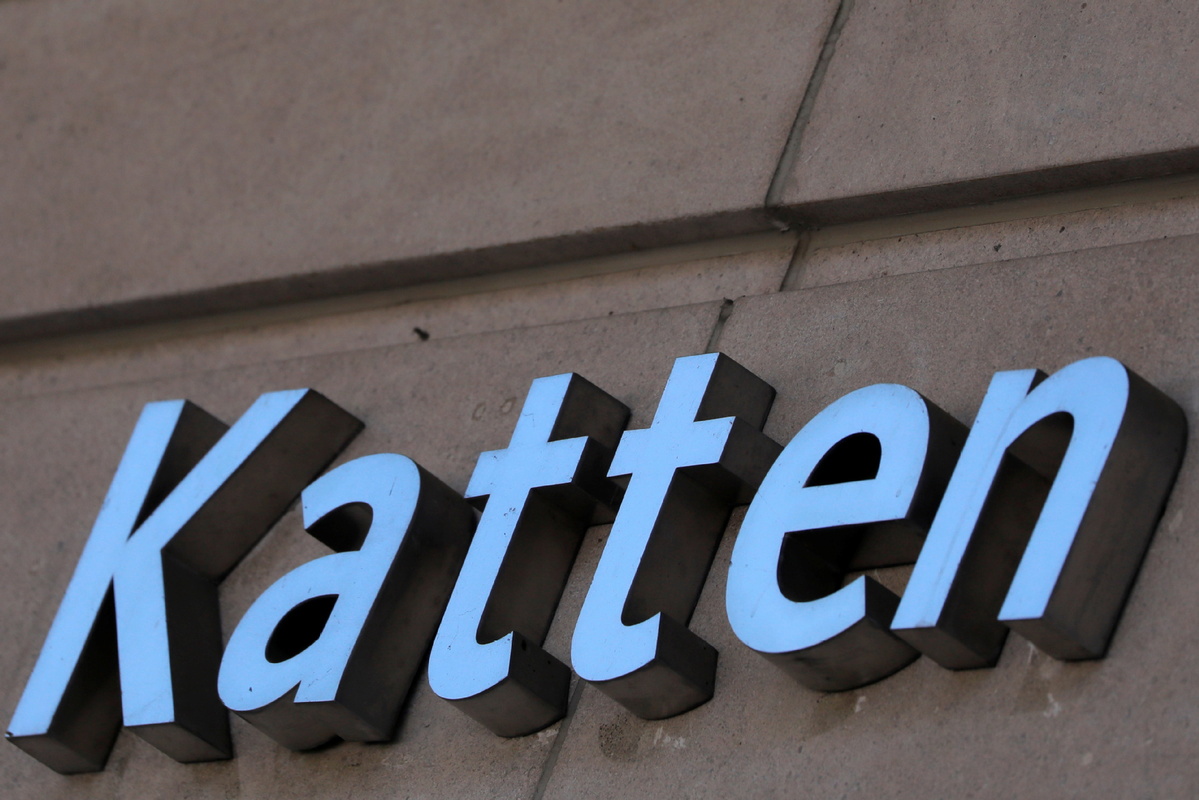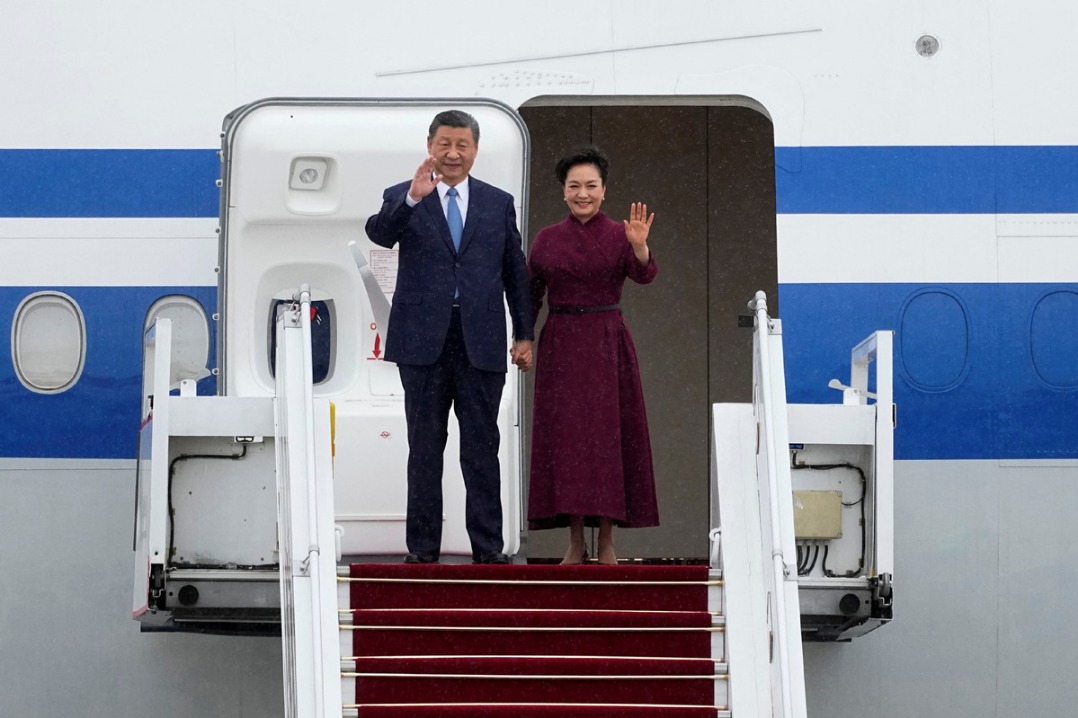Deals still flow beneath 'frozen surface' of ties
By MAY ZHOU in Houston | China Daily | Updated: 2021-08-24 10:37

It was an opportunity for government officials and business leaders from Chicago and China to share their perspectives on manufacturing trends and to acknowledge that despite a cooling of US-China relations and pandemic obstacles, companies in both countries are still making deals.
Deals are still happening like water flowing beneath the frozen surface, said Xue Feng, a partner at law firm Katten Muchin Rosenman.
"We have just completed a project to help a Hangzhou company to acquire a toolmaking enterprise in Chicago, and we are currently involved in another project to help an American special-packaging company to acquire a Chinese company in the Yangtze River Delta area," Xue said at the Gateway Cities Online Summit for Manufacturing on Thursday.
The Chinese and US executives who took part in the event had success stories to share. It was organized by World Business Chicago and the Chinese Investment and Promotion Agency.
Michael Fassnacht, president and CEO of World Business Chicago and chief marketing officer for the city, said the Gateway program was started in 2013 with China's Ministry of Commerce to promote commercial ties between Chicago and a few major Chinese cities.
"We cannot forget how close Chicago and China are connected. We have over 120 Chinese companies based in the Chicago area, which is an astoundingly great number," he said, adding that the companies employ about 5,000 people in the state of Illinois in which Chicago sits.
Ni Pin, president of Wanxiang American and a member of the World Business Chicago board of directors, also took stock of the connections.
"In 1994, when General Motors started in China, Wanxiang started in Chicago," Ni said. "Today, China has become GM's largest market, and Chicago has also become Wanxiang's second home. Together with our partners we have invested in 90 projects in Chicago accounting for more than $10 billion."
He recalled that in response to former US president Barack Obama's 100,000 Strong Educational Exchange Initiatives, he and others worked with public schools and universities such as Northwestern and Chicago to send more than 1,500 US students to China to study Chinese culture.
Destructive approach
Acknowledging that the US-China relationship is going through a difficult time, Ni said that some of the difficulties are illogical, at least from a business point of view.
"We really can't use a destructive approach trying to build constructive compromise," he said.
US manufacturers are still keen on the China market, according to online testimony from some of the summit participants.
Kabir Nanda, director of international expansion of the Chicago-based Nature's Fynd, a startup that develops microbe-based proteins for meat and dairy substitutes, said China's market is part of its expansion plan in a time of decreasing arable land.
Jay Sandler, president of Imperial Zinc, a Chicago-based metal business, said Chinese production helped the company because it can source some materials at lower prices.
"The Chinese market is such a large consumer of scrap material, which benefits the US market in our case because we add value to metal by processing," he said.
























